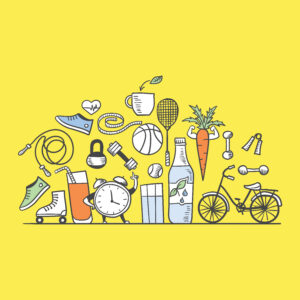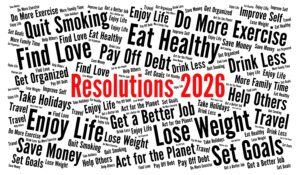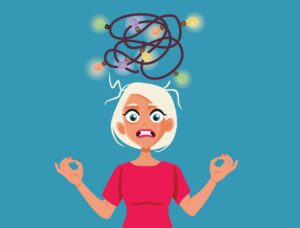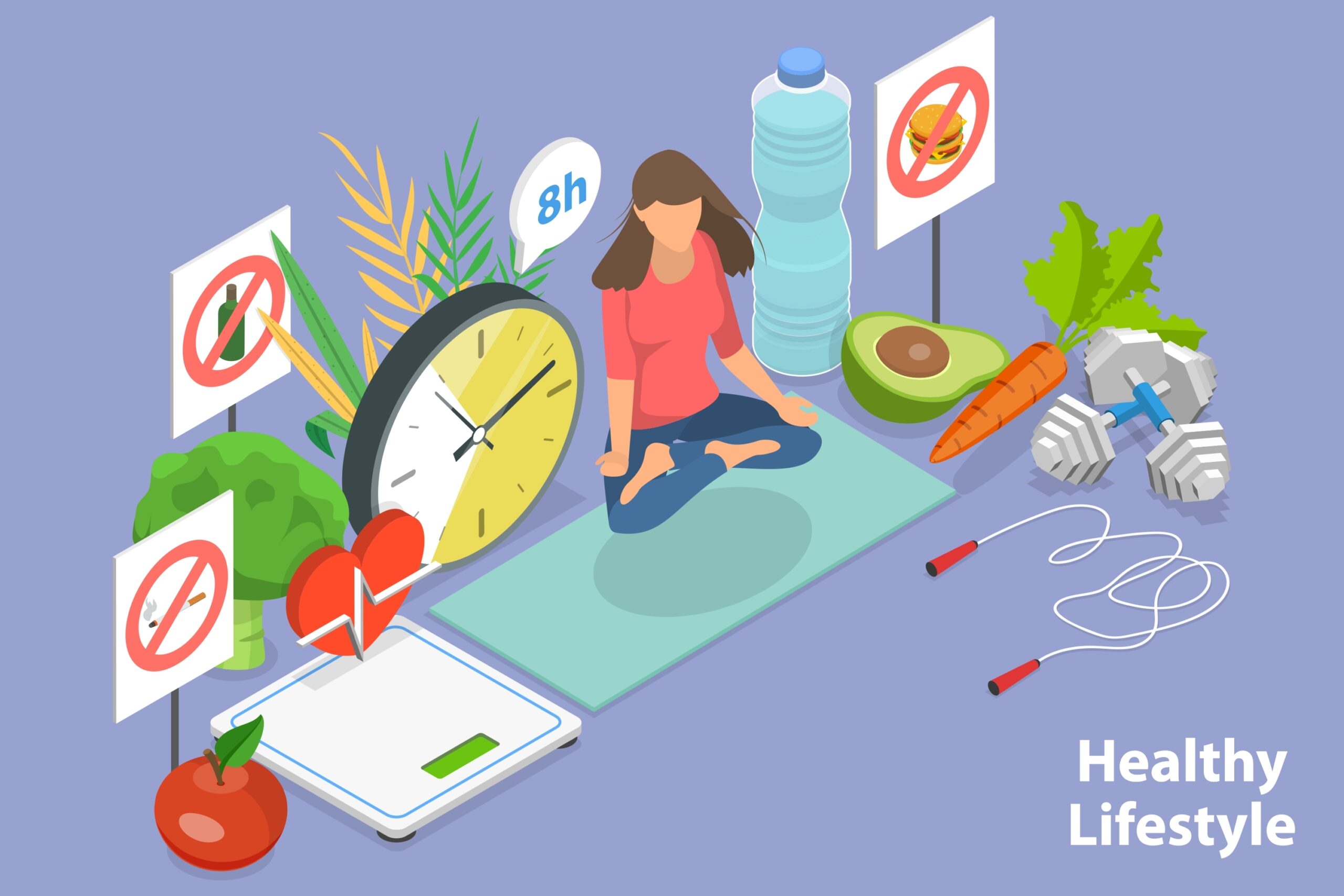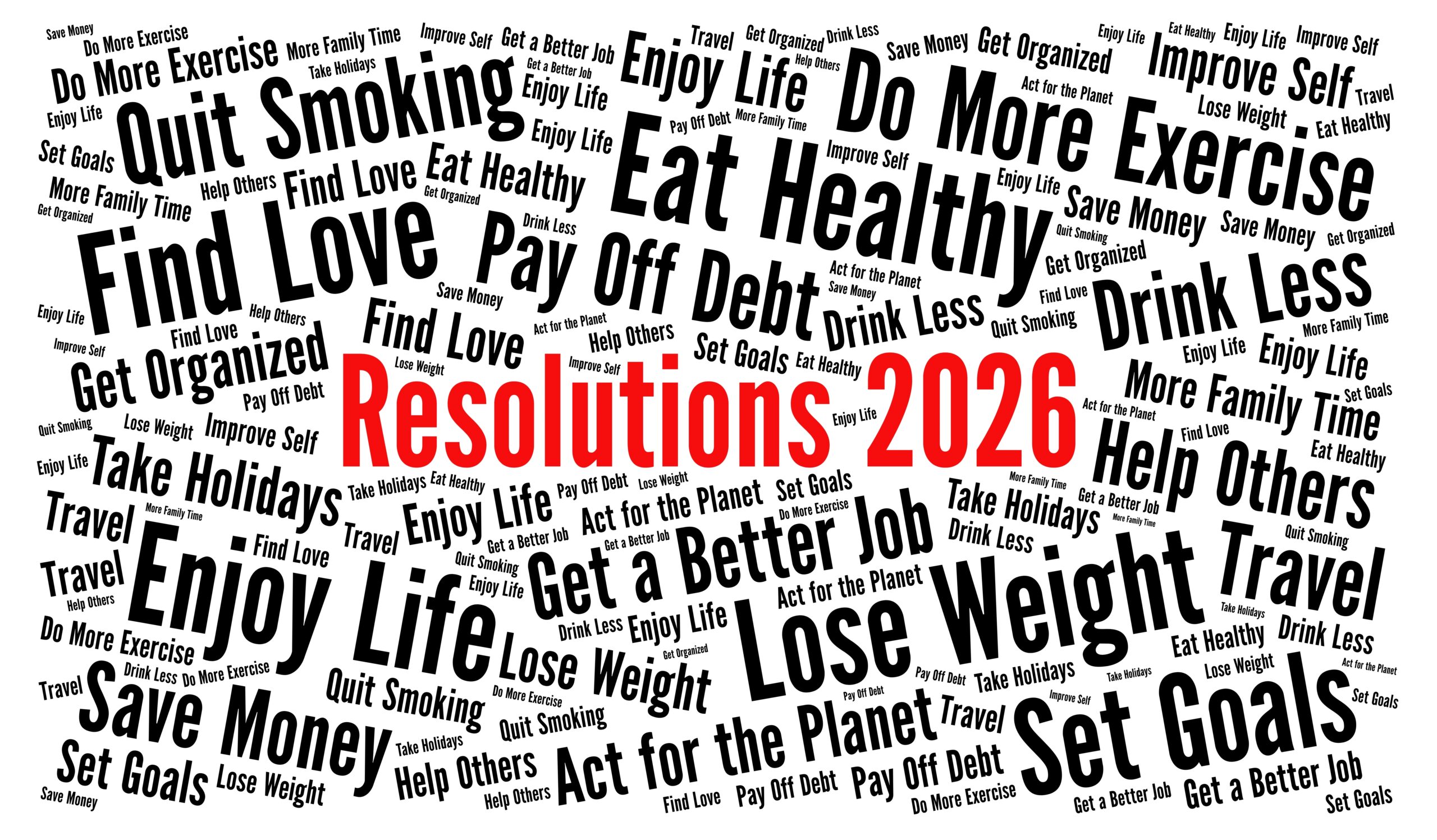Self-Care Without the Pressure
July 24 is International Self-Care Day—a reminder to prioritize your well-being.
But let’s be honest…
For many of us, the phrase “self-care” can feel like another item on a long to-do list.
Big spa days.
Elaborate morning routines.
Or worse, the pressure to get self-care “right.”
If you’ve ever felt that way, you’re not alone.
And here’s the truth:
Real, brain-friendly self-care doesn’t have to be big or complicated.
It just has to be consistent.
The Neuroscience of Self-Care
Your brain is wired to notice patterns, not perfection.
This is especially true when it comes to how you manage stress and motivation.
In Unstoppable Brain, Dr. Kyra Bobinet talks about the habenula—the tiny brain region that reacts when you think you’ve failed or fallen short.
When the habenula senses failure, it puts the brakes on your motivation and mood.
The good news?
Consistent, repeatable actions can help keep this failure detector quiet.
By choosing practical, manageable self-care habits—things you can do without overthinking—you help your brain stay calm, engaged, and motivated.
What Iterative Self-Care Looks Like
You don’t have to overhaul your life. Iteration is a practice of taking an action, assessing whether that action makes sense for you, and then tweaking that action so you can keep doing it until you reach your goal.
Here are a few examples of iteration in self-care:
- Drinking a glass of water when you wake up
- Taking three slow breaths before responding to a stressful email
- Standing up and stretching every hour
- Spending two minutes outside for sunlight and fresh air
- Writing down one thing you’re grateful for today
Each of these actions is accessible and easy to tweak.
Done consistently, they help retrain your brain toward calm and resilience.
Why This Works (Hint: It’s About Dopamine and Safety)
When you complete what may feel like a minor self-care task, your brain gets a small dopamine hit. Dopamine is the chemical in your brain that signals a reward.
That little burst of reward reinforces the behavior.
Over time, your brain starts to associate these self-care acts with safety, progress, and well-being.
It’s the opposite of all-or-nothing thinking. (win/lose, pass/fail, etc.)
And it’s exactly how sustainable self-care habits are built.
If you’re wondering how this connects to broader habit change, check out our last article:
Your Brain on Progress: How Consistency Fights for Your Freedom
In it, we break down how progress helps protect your motivation and energy—especially during tough times.
Permission to Start Small
This Self-Care Day, give yourself permission to start where you are.
You don’t need a perfect plan.
You don’t need fancy products.
You just need one step in the self-care direction..
Because the science is clear: When you practice tiny acts of self-care, your brain rewards you with more energy, more motivation, and more peace.
And that’s the kind of progress worth celebrating.
Ready to free yourself from failure?
✅ Download the free Fresh Tri app, a neuroscience-based approach to health and wellness that works with your brain, not against it.
✅ Free yourself from tracking, guilt, and pressure. Choose progress, and iterate to the life you want.





